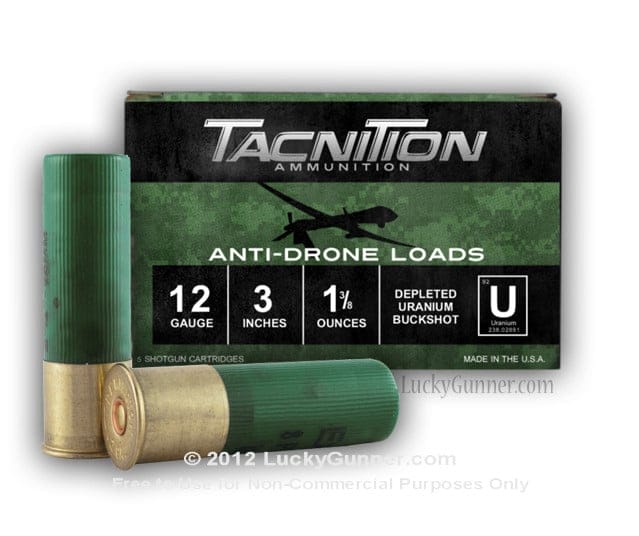GA
A Douglas County, GA man is suing the state and election officials in Douglas County, saying his civil rights were violated when a poll worker asked him to remove his National Rifle Association cap when he went to vote.
The Southeastern Legal Foundation filed the lawsuit Monday in the US District Court for the Northern District of Georgia on Tuesday on behalf of Bundy Cobb.
The lawsuit says elections officials told Cobb to remove his NRA Instructor cap inside the polling place. Cobb says elections officials told him the NRA is seen as being associated with the Republican party so the hat could be considered an illegal campaign material. According to Southeastern Legal, if Cobb had refused to remove his hat while voting he could have been subject to a fine, arrest, and imprisonment.
The lawsuit challenges what it calls a per se ban on clothing referencing the NRA at county polling places.
FL
The Norman v. State of Florida case could overturn Florida’s law banning open carry, using the argument that open carry is a constitutional right, and not a privilege as is concealed carry.
The case started back in 2012, when Mr. Norman, a legal CCW permit holder, was convicted of open carry of a firearm after his gun was accidentally exposed. His case was appealed to the Florida 4th Circuit court of appeals, arguing that “Every court that’s looked at the issue has said that the concealed carry of arms is a privilege not a right,” meaning that therefore, unconcealed carry is a right.
(Note though that the Second Amendment does not restrict the right to either concealed or unconcealed. It says “the right to…. bear arms shall not be infringed.”)
The state Advocate General fought very hard to keep the case from being appealed. The issue went all the way to the state supreme court, which ruled for Norman, to allow the 4th Circuit to hear the case. The 4th Circuit has now heard the case. All evidence has been presented and briefs filed. The oral arguments were heard in the middle of November. There’s no timeline on when the ruling of that case will be made.
CT
Some of the Sandy Hook massacre victims’ families are preparing to sue Bushmaster for the massacre there.
Should be a non-starter due to the federal Protection of Lawful Commerce in Arms Act.
IL
The Second Amendment Foundation has filed yet another lawsuit in federal district court in Illinois, this time challenging that state’s new concealed carry law, which in turn was forced by an earlier SAF suit, Moore v. Madigan and a similar action by the NRA, Shepard v. Madigan.
This SAF lawsuit contends that the current revised statute (still) causes “deprivation of civil rights under color of law” and that the law amounts to a virtual ban on all non-Illinois residents from obtaining a concealed carry license, which it says is unconstitutional. Makes sense to me. If you have a federal constitutional right, it doesn’t apply only in some states. It’s your right everywhere.
Under the existing Illinois law, residents from only four states currently qualify for non-resident permits under a provision mandating that only residents from states with “substantially similar” requirements to obtain a home state carry license are allowed to apply for IL nonresident licenses. They are Hawaii, New Mexico, South Carolina and Virginia. We see no reason why the residents’ home state permit requirements are at issue, since this appears to be a case about issuance of Illinois nonresident permits, not about getting reciprocity with their home state permits. But the ISP’s website indicates that a home state CCW permit is also required in order to get an IL nonresident permit.
SAF is joined in the lawsuit by the Illinois State Rifle Association, Illinois Carry, Inc., and ten individual plaintiffs, all residing in other states and all who are licensed to carry in those states. However, because none of those states have what Illinois authorities consider “substantially similar” requirements, they are not able to meet the Prairie State’s prerequisites.
SAF is asking the federal court for a declaratory judgment on equal protection and due process constitutional grounds.

